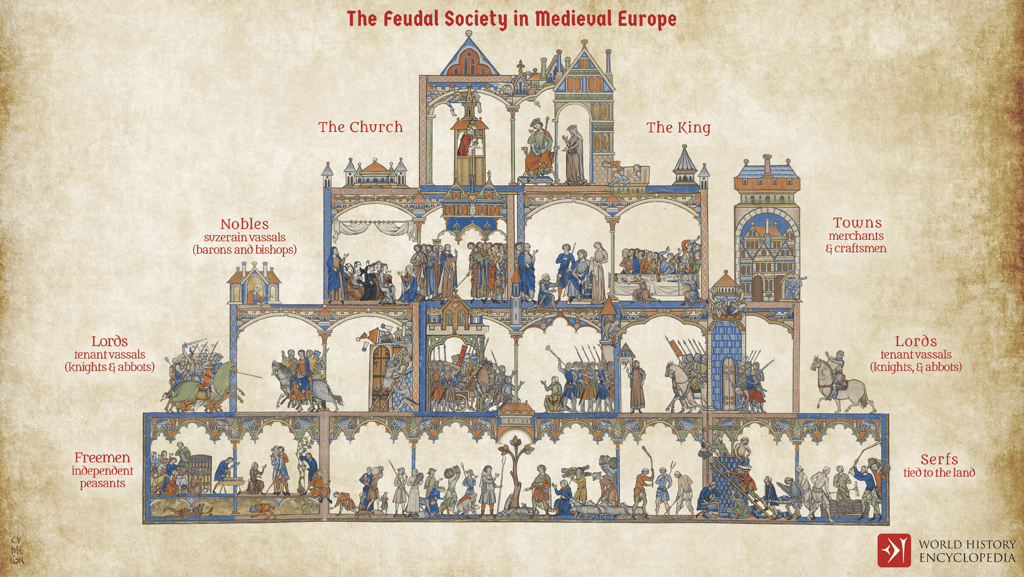Gnoseocracy
Our world craves solutions. Gnoseocracy, a novel governance concept, proposes knowledge as the key. Dive in to explore how expert-driven decisions could shape a more sustainable, innovative future!
GENERAL KNOWLEDGE
Gemini, Doğukan CANBAZLAR
3/10/20242 min read


Gnoseocracy
Knowledge as the Engine of Sustainable Production
Our world faces unprecedented challenges. To navigate these complexities and achieve sustainable production, we need a new approach. Enter gnoseocracy, a system that positions knowledge as the driving force behind progress.
Beyond Capital: Knowledge as the New Currency
Traditionally, production relied heavily on land and capital. However, in today's knowledge economy, the game has changed. Cutting-edge factories and technologies aren't just built with money; they're designed, engineered, and operated through the power of knowledge. Imagine the most advanced agricultural practices – they rely on scientific understanding of soil health, genetics, and sustainable farming techniques.
Why Knowledge Matters
The challenges of today – climate change, resource depletion, and global pandemics – demand solutions that transcend traditional models. We need innovation, agility, and a deep understanding of complex systems. These qualities are all born from a strong foundation of knowledge. In the future, knowledge itself will be the currency of production.
Gnoseocracy: Steering Production with Expertise
Gnoseocracy, derived from the Greek words "gnosis" (knowledge) and "kratos" (rule), signifies a governance system where decisions are guided by experts across various disciplines. Imagine a world where production is overseen by individuals with diverse expertise in science, technology, economics, and environmental management. This collaboration fosters innovation and ensures production practices are informed by evidence.
The Hallmarks of Gnoseocratic Production
Interdisciplinary Approach: Gnoseocracy tackles complex production challenges holistically, drawing on insights from various fields. This creates comprehensive solutions that consider both economic and environmental sustainability.
Innovation and Adaptability: Continuous knowledge acquisition and strategic adaptation are key. Gnoseocracy fosters an environment where new ideas and technologies can be rapidly integrated into production systems, making them more responsive to changing demands and challenges.
Sustainability and Ethical Production: Gnoseocracy prioritizes ethical considerations and values-driven decision-making. Principles like environmental stewardship and social justice guide production practices, ensuring long-term viability and minimizing negative societal impacts.
Building a Knowledge-Based Production System
To cultivate a gnoseocratic approach to production, several key pillars are essential:
Accessible Education: An equitable and accessible education system is fundamental. All individuals must have the opportunity to develop the knowledge and expertise needed to contribute to a sustainable future.
Information Transparency: Open information sharing is crucial. Producers and consumers alike need access to reliable data on production methods and environmental impact. This fosters accountability and transparency within production systems.
Collaborative Networks: Building networks for knowledge exchange between researchers, producers, and policymakers is vital. These platforms facilitate innovation and ensure that best practices are widely adopted.
Gnoseocracy: A Future of Sustainable Production
Gnoseocracy offers a transformative vision for a future where production is:
Sustainable: By prioritizing environmental protection and efficient resource use, gnoseocracy promotes practices that ensure long-term viability.
Innovative: Diverse expertise drives continuous improvement and readily integrates new technologies into production systems.
Equitable: Gnoseocracy empowers all stakeholders to participate in decision-making, fostering social cohesion and reducing inequalities.
Resilient: Production systems can adapt quickly to changing circumstances and emerging challenges, ensuring long-term stability.
Conclusion
Gnoseocracy presents a compelling vision for a future where knowledge is not just power, but the key to a sustainable production system that benefits all. By embracing this approach, we can ensure a future where innovation, sustainability, and inclusivity go hand-in-hand.
